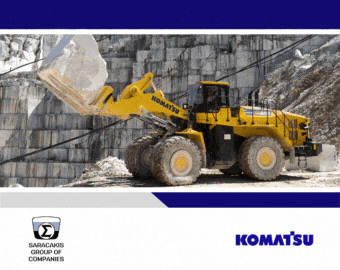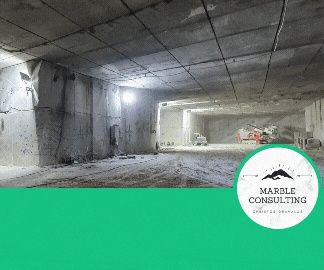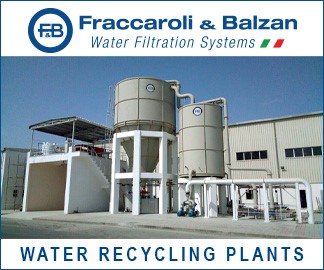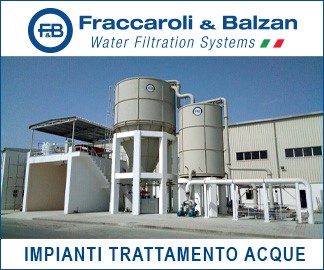The announcement by U.S. President Donald Trump regarding new tariffs on European imports has sent shockwaves through Italy’s marble industry. Industrial leaders, particularly those in the renowned marble hub of Carrara, fear severe economic consequences. As businesses await clarity on the exact tariff rates, Confindustria, the leading Italian business federation, is closely monitoring the situation.
Matteo Venturi, president of Confindustria Toscana Centro e Costa, has expressed deep concerns about the potential impact. “The U.S. is the primary market for processed Italian marble, especially from Carrara,” Venturi stated. In 2023, the export of processed marble reached a value of €372 million, with €150 million directed to the U.S. market. In the first nine months of 2024 alone, exports to the United States already totaled €137 million, highlighting the industry’s dependence on American buyers.
Venturi recalls similar challenges during Trump’s first administration, when tariffs targeted Chinese marble and granite. “This led to increased construction costs in the U.S. and a drop in demand,” he explained. If Italian and European marble were to face similar tariffs, it would trigger a contraction in exports, causing a ripple effect on U.S. construction costs. This could result in reduced demand for construction materials, affecting not just marble but also employment and supply chains in Italy.
Confindustria Toscana Centro e Costa is actively engaging with the Italian government to explore diplomatic and fiscal countermeasures. “A European-level response is necessary to ensure that the Italian stone sector does not suffer from tariffs without adequate compensation,” Venturi emphasized. While efforts to diversify export markets are ongoing, he acknowledges that the U.S. remains an irreplaceable trade partner in the short term.
The province of Massa Carrara is already in an economically fragile state, making the marble sector crucial to its industrial stability. A downturn in this sector would impact not only quarrying and processing companies but also related suppliers and service providers. Additionally, Massa Carrara is home to high-level industrial metalworking groups, including multinational companies, that may reconsider their presence in Italy and Europe if economic conditions deteriorate.
To prevent industrial flight and mitigate economic damage, maintaining regional attractiveness is crucial. Venturi underscores the need for high-level diplomatic efforts to protect the Italian marble industry from potentially devastating tariffs. The coming months will be decisive in determining the future of this historic sector and its global competitiveness.






































